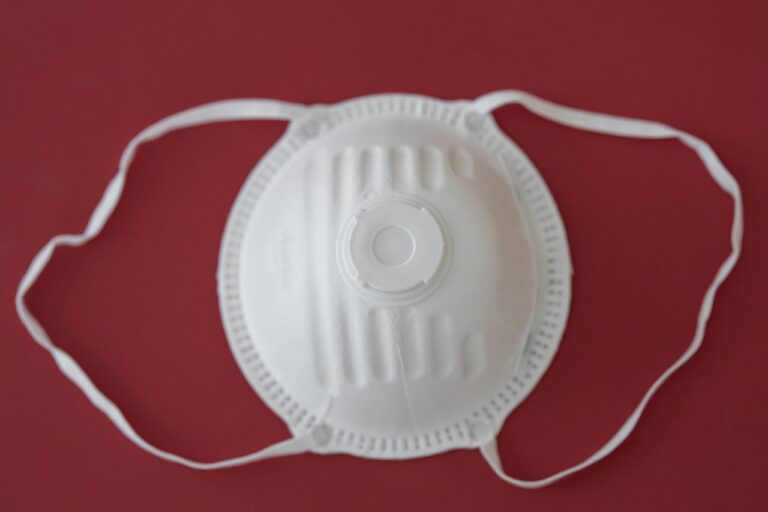Digital Detox: Unplugging for Mental Health and Well-being
In today’s fast-paced digital world, constant exposure to technology can take a toll on our mental health and overall well-being. The incessant notifications, alerts, and endless scrolling through social media feeds can lead to increased stress, anxiety, and feelings of overwhelm. Research has shown that excessive screen time can disrupt our sleep patterns, hinder our ability to focus, and even contribute to feelings of isolation and depression.
Taking time to unplug from our devices can provide much-needed relief for our mental health. Disconnecting from screens allows us to be more present in the moment, engage in face-to-face interactions, and reconnect with ourselves. By setting boundaries with technology and carving out moments of digital detox, we can cultivate a healthier relationship with our devices and prioritize self-care. Embracing periods of unplugging can help us recharge, reduce stress levels, and improve our overall sense of well-being.
Understanding the Impact of Technology on Mental Health
Technology has become an integral part of our daily lives, offering convenience and connectivity like never before. However, the relentless use of technology can have adverse effects on our mental health. Constant exposure to screens and a barrage of notifications can lead to increased feelings of anxiety and stress. The blue light emitted from screens can disrupt our sleep patterns, leading to sleep disturbances and fatigue.
Moreover, the constant comparison fostered by social media platforms can contribute to feelings of inadequacy and low self-esteem. The pressure to portray a perfect life online can lead to a distorted sense of reality and increased feelings of loneliness and isolation. It is essential to recognize the impact of technology on our mental well-being and take proactive steps to limit screen time and prioritize real-life interactions.
Benefits of Taking a Digital Detox
Engaging in a digital detox offers numerous benefits that positively impact mental health and well-being. By disconnecting from screens and devices, individuals can reduce feelings of stress and anxiety while also improving their ability to focus and concentrate. This break from technology provides a much-needed reprieve from the constant stimulation and information overload that often accompanies our digital-centric lifestyles.
Furthermore, taking a break from digital devices allows individuals to reconnect with the present moment and foster deeper connections with themselves and others. It enables individuals to engage in activities that promote relaxation and mindfulness, such as reading a book, going for a walk, or spending quality time with loved ones. This intentional break from technology can help individuals cultivate a greater sense of presence, gratitude, and self-awareness in their daily lives.





